Demotivating factors among undergraduate distance English learners: A Chinese case study
Palabras clave:
Demotivation, English learning, second language education, distance education, COVID-19Resumen
This study explores demotivating factors for undergraduate English majors in a Chinese university in the context of attending distance courses during the COVID-19 lockdown. Delving into students’ reflection in this unusual period through in-depth interviews, a qualitative analysis of what demotivates students is provided, as well as a comparison of the findings with those obtained in earlier studies conducted in traditional classrooms. In all, 10 students participated in the study and provided their insights. The interviews were transcribed and coded following established qualitative research methods. It is shown that in the context of distance education, the affect and character of the students demotivate them most, followed by teacher-related factors and the mode of distance education. Procrastination is pinpointed as the largest demotivator, trailed by teacher-student interactions in class and heavy workload. Supporting previous results, this study finds that self-related and teacher-related factors impact demotivation, but here they have different weightings, such that self-related factors are more powerful. Heavy workload is related to distance-education mode and institutional arrangements, and this also diverges from previous findings. These findings may prove a springboard to future discussion on blends of traditional and non-traditional language education, with possible effects on students’ demotivation at the forefront.
Descargas
Archivos adicionales
Publicado
Cómo citar
Número
Sección
Licencia
Aquellos autores que tengan publicaciones con esta revista, aceptan los términos siguientes:
- Los autores conservarán sus derechos de autor y garantizarán a la revista el derecho de primera publicación de su obra por medio de este documento de cesión de derechos de autoría, el cuál estará simultáneamente sujeto a la licencia de reconocimiento de Creative Commons que permite a terceros compartir la obra siempre que se indique su autor y su primera publicación esta revista.
- Los autores podrán adoptar otros acuerdos de licencia no exclusiva de distribución de la versión de la obra publicada (p. ej.: depositarla en un repositorio institucional o publicarla en un volumen monográfico) siempre que se indique la publicación inicial en esta revista.
- Se permite y recomienda a los autores difundir su obra a través de Internet (p. ej.: en publicaciones institucionales o en su página web) antes y durante el proceso de envío, lo cual puede producir intercambios interesantes y aumentar las citas de la obra publicada. (Véase el efecto del acceso abierto).










